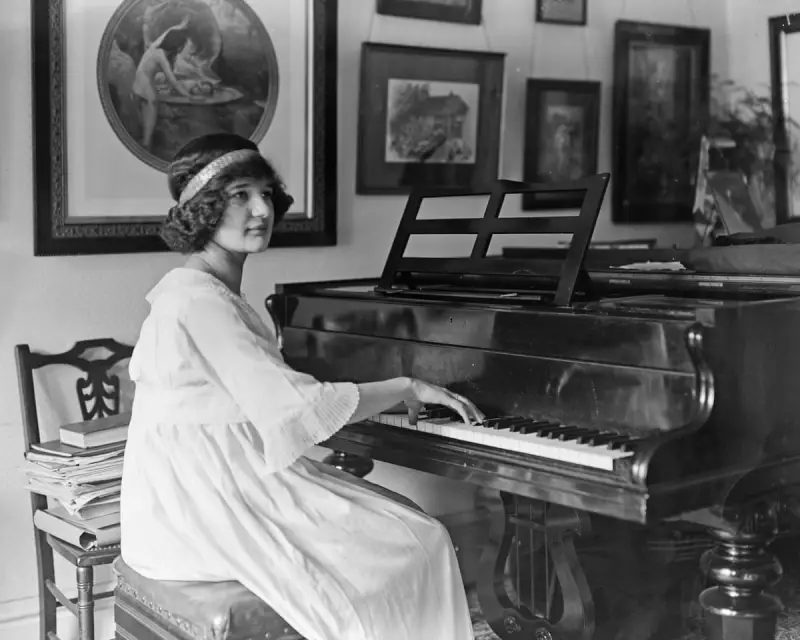
The Shadow of a Famous Father
Avril Coleridge-Taylor lived her entire life under the considerable shadow of her father, Samuel Coleridge-Taylor, one of Britain's most celebrated early 20th-century composers. Born in 1903, Avril forged her own path as a pianist, conductor and composer, yet always felt the weight of her famous surname and the expectations that came with it.
A Musical Legacy Rediscovered
This year marks a significant moment in the rediscovery of Avril's work with the world premiere recording of her 1936 piano concerto by the BBC Philharmonic. The recording reveals a composer of considerable talent, whose work combines impassioned harmonies, soulful lyricism and valiant rhythms. Her compositions, including From the Hills (1934) and Sussex Landscape (1940), show the pastoral English influences she shared with her father, yet she developed a distinct musical voice that reflected her experiences as a woman of colour in wartime Britain.
Where father and daughter diverged most significantly was in their approach to racial identity and activism. Samuel, the son of a Sierra Leonean father and white English mother, actively embraced his African heritage throughout his career. He collaborated with African American poet Paul Laurence Dunbar, setting his African Romances to music in 1897, and achieved international fame with his choral work Hiawatha's Wedding Feast.
Political Divergence and South African Controversy
Samuel Coleridge-Taylor was an committed activist until his untimely death in 1912 at age 37. He attended the First Pan African Conference in London in 1900, where he met intellectual W.E.B. Du Bois, and later discussed racism with President Theodore Roosevelt at the White House in 1904. His daughter's path would prove very different.
In the 1950s, Avril's decision to work in South Africa created controversy that would haunt her legacy. The Black American publication Jet magazine ran a headline declaring "Daughter of Famous Composer gives OK to S African Bias." Avril initially told the magazine that apartheid "seems to me the right policy," though she later backtracked, saying she didn't agree with it "in principle."
With her porcelain-white skin, Avril initially moved freely within South African European society, conducting the South African Broadcasting Corporation Orchestra in Johannesburg and giving talks about her father's music at the University of Cape Town. She programmed the heroic third movement of her Piano Concerto, significantly subtitling it "In remembrance of my Father."
Confronting Reality and Finding Redemption
By 1954, Avril's privileged position collapsed when officials discovered her African heritage. The British high commissioner advised her to leave or risk imprisonment. She returned to England deeply ashamed, lamenting that "the lesson was a hard one." Her humiliation was compounded when Jet published their damning interview in 1955.
In the aftermath, Avril reconnected with her father's legacy, writing Ceremonial March in 1957 for Ghana's independence. This commemorative work joined her earlier tributes including In Memoriam: To the RAF (1945) and the plaintive In Memoriam (1967), which she later dedicated to her brother Hiawatha and her father.
Avril Coleridge-Taylor's story reflects the complex experience of being British until you're not - a narrative that echoes through the Windrush generation and beyond. Her piano concerto, with its bold symphonic colours that insist "I am here," stands as testament to a composer who ultimately embraced all aspects of her identity, both musical and personal.
The premiere recording of Avril Coleridge-Taylor's piano concerto and orchestral works with the BBC Philharmonic and John Andrews will be released on 21 November on Resonus Classics.





